A leaked document from the U.S. Supreme Court revealed a split in the justices’ decision regarding Idaho’s abortion law. The ruling temporarily sides with the Biden administration, allowing abortions in medical emergencies.
However, not all justices agree. Thomas, Alito, and Gorsuch stood firm in their opposition, highlighting deep divisions within the court.
Idaho’s Abortion Ban Explained
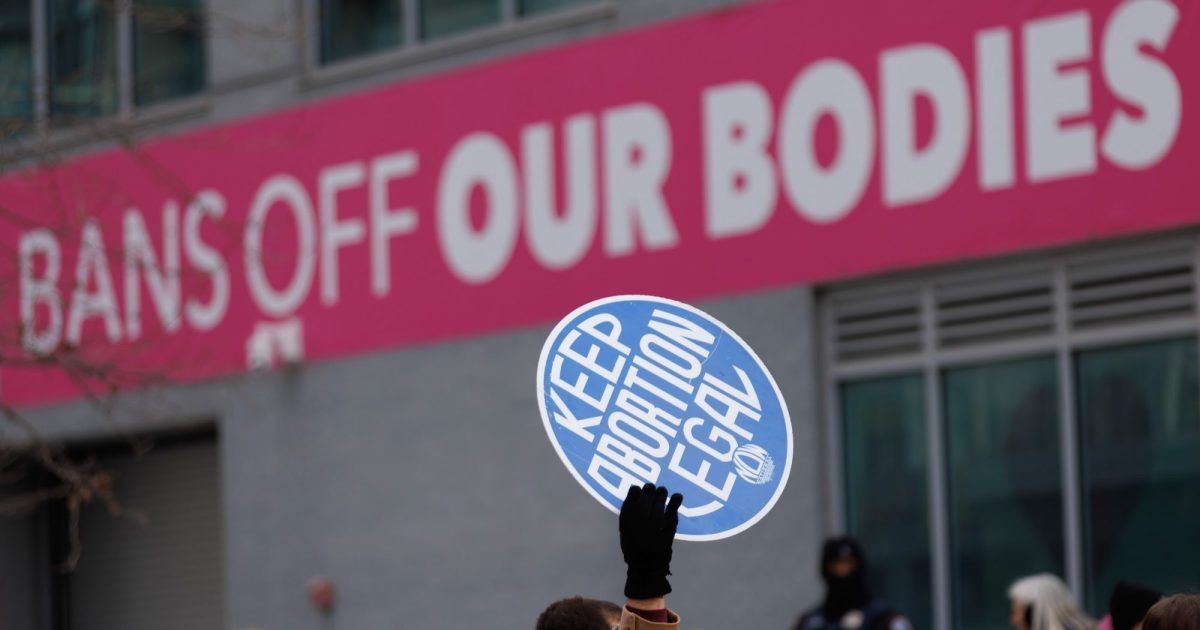
Idaho’s strict abortion law, enacted in 2022, prohibits abortions except in cases where the life of the pregnant woman is at risk. The law lacks provisions for health-related complications.
Biden’s administration argued that federal law demands hospitals provide emergency abortions when the mother’s health is in jeopardy, creating a legal conflict between state and federal regulations.
Role of EMTALA in the Case
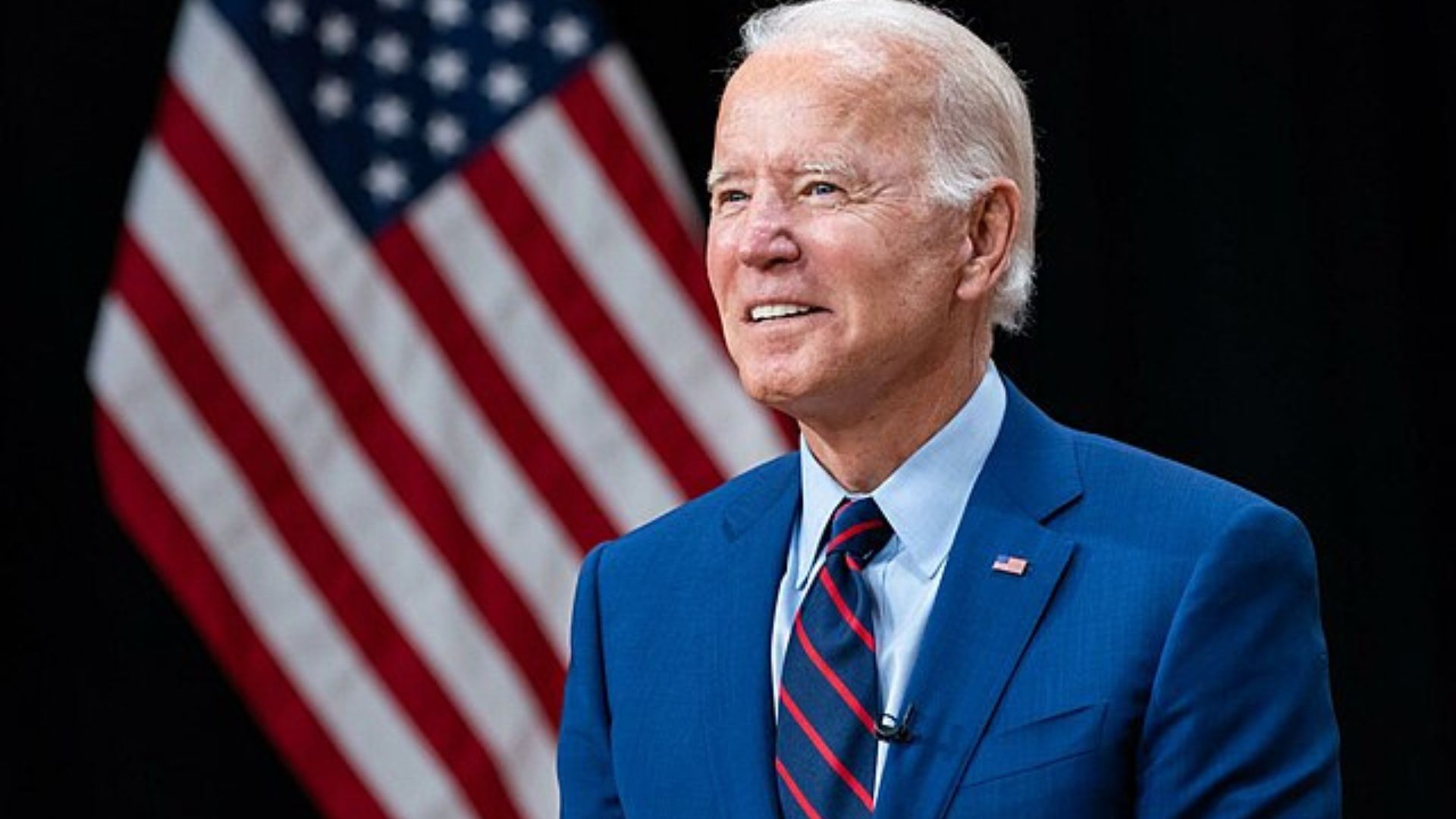
At the heart of the case is the 1986 federal law known as the Emergency Medical Treatment & Labor Act (EMTALA). This law requires hospitals receiving Medicare funding to provide life-saving treatments in emergency situations.
The Biden administration claims this law should apply to abortions when a woman’s health is at risk, but Idaho’s law challenges that interpretation, stating hospitals should prioritize the fetus.
Leaked Opinion Reveals Court’s Divide
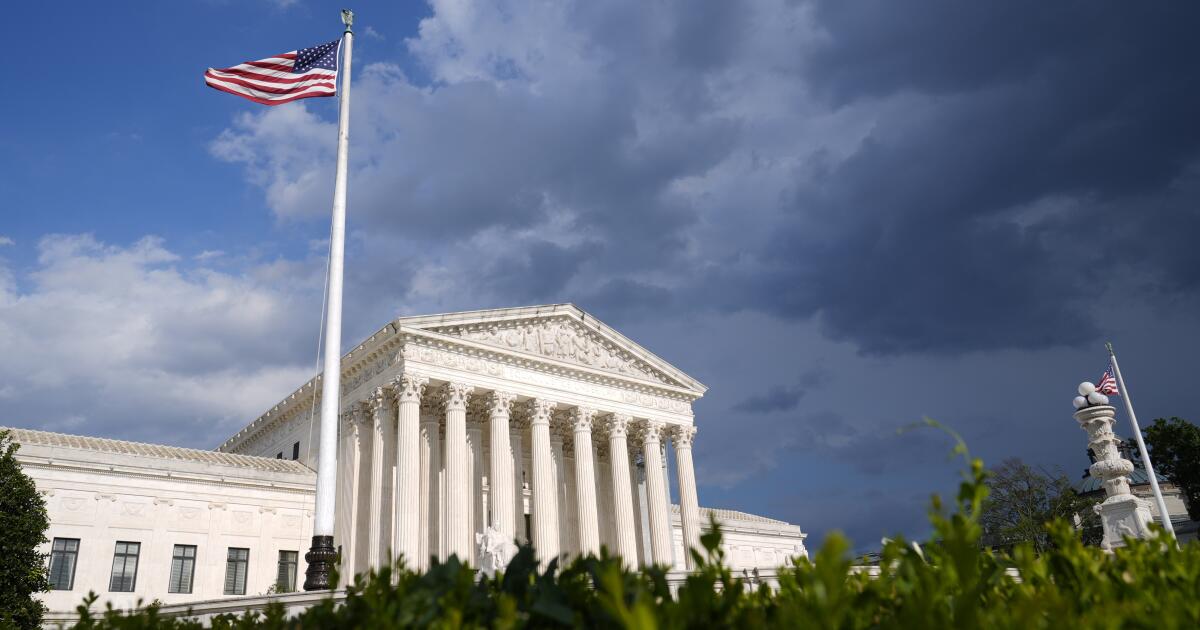
On Wednesday, a leaked draft of the Supreme Court’s opinion, mistakenly posted online, revealed a 6-3 vote. Chief Justice John Roberts and Justices Kavanaugh and Barrett sided with the court’s liberals, creating a majority.
However, Justices Thomas, Alito, and Gorsuch strongly disagreed, positioning themselves in opposition to the Biden administration’s abortion policy.
Conservatives’ Dissent
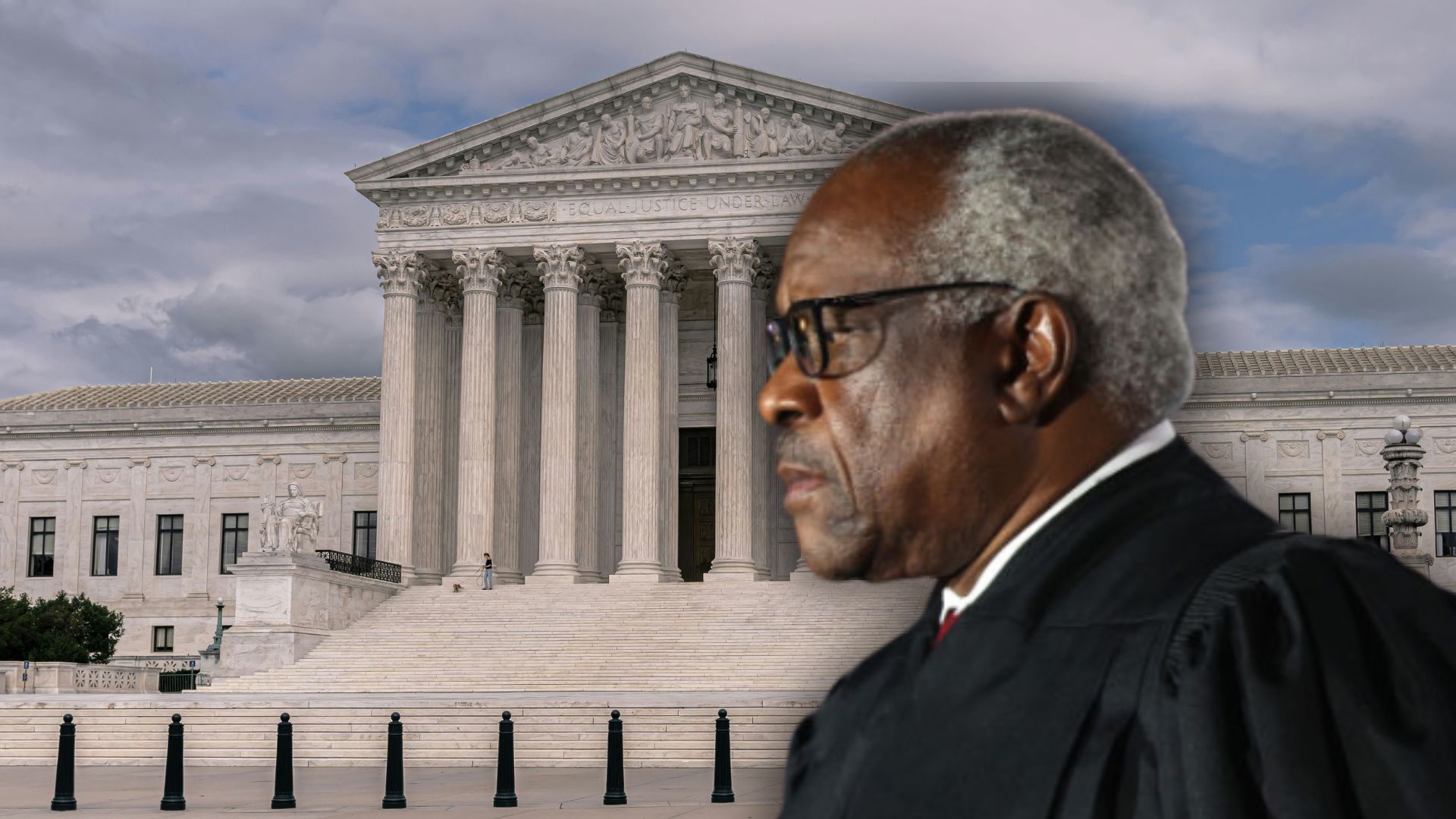
In their dissent, Thomas, Alito, and Gorsuch argued that EMTALA should protect both the pregnant woman and her unborn child. They emphasized that the federal law never intended to create an abortion mandate, especially in emergency room settings.
Alito’s dissent claimed the statute “unambiguously demands hospitals protect the health of both a pregnant woman and her ‘unborn child.’”
The Biden Administration’s Argument
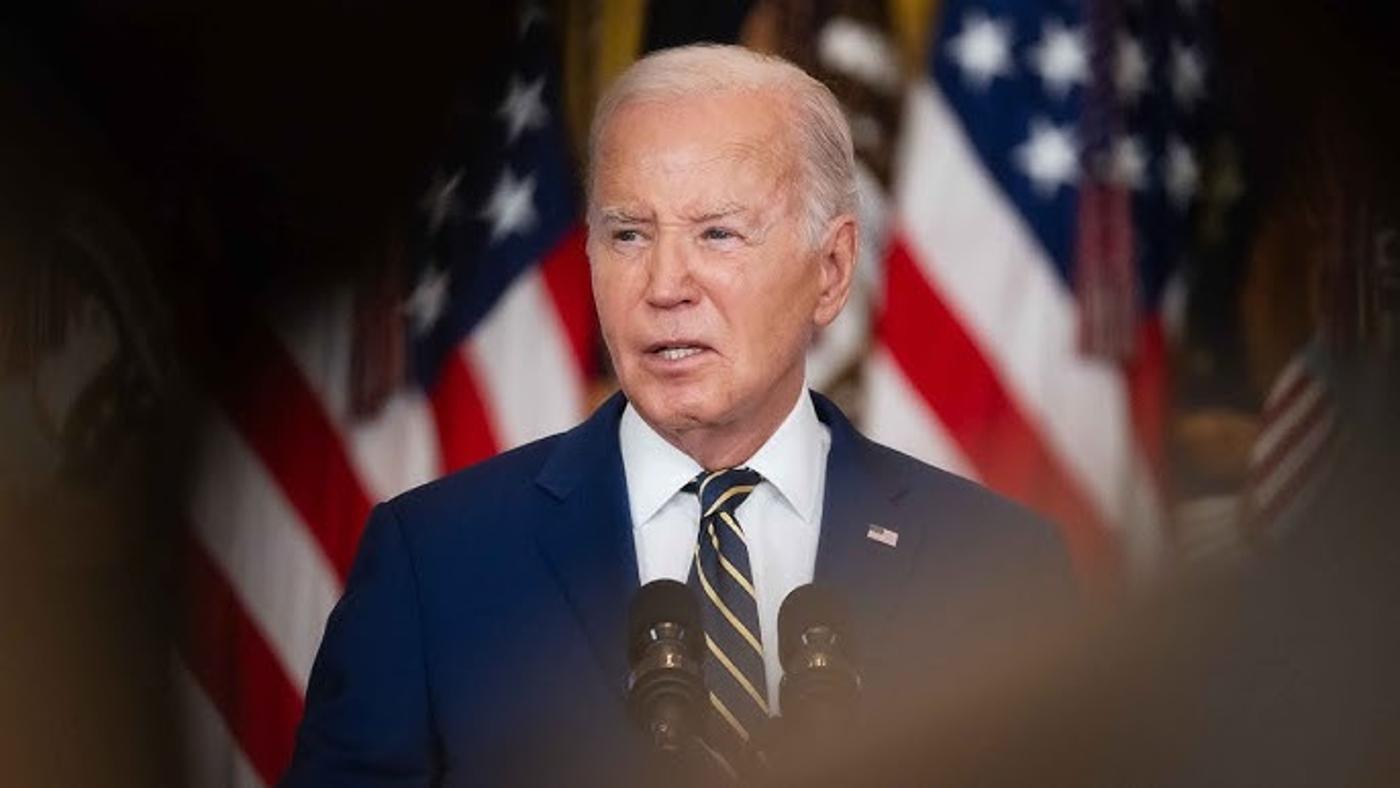
The Biden administration fought Idaho’s law, stressing that under EMTALA, pregnant women in critical health conditions must receive treatment to avoid lifelong complications or even death.
The administration views this ruling as crucial for preserving women’s health rights in states with strict abortion bans.
Temporary Win for Women’s Health
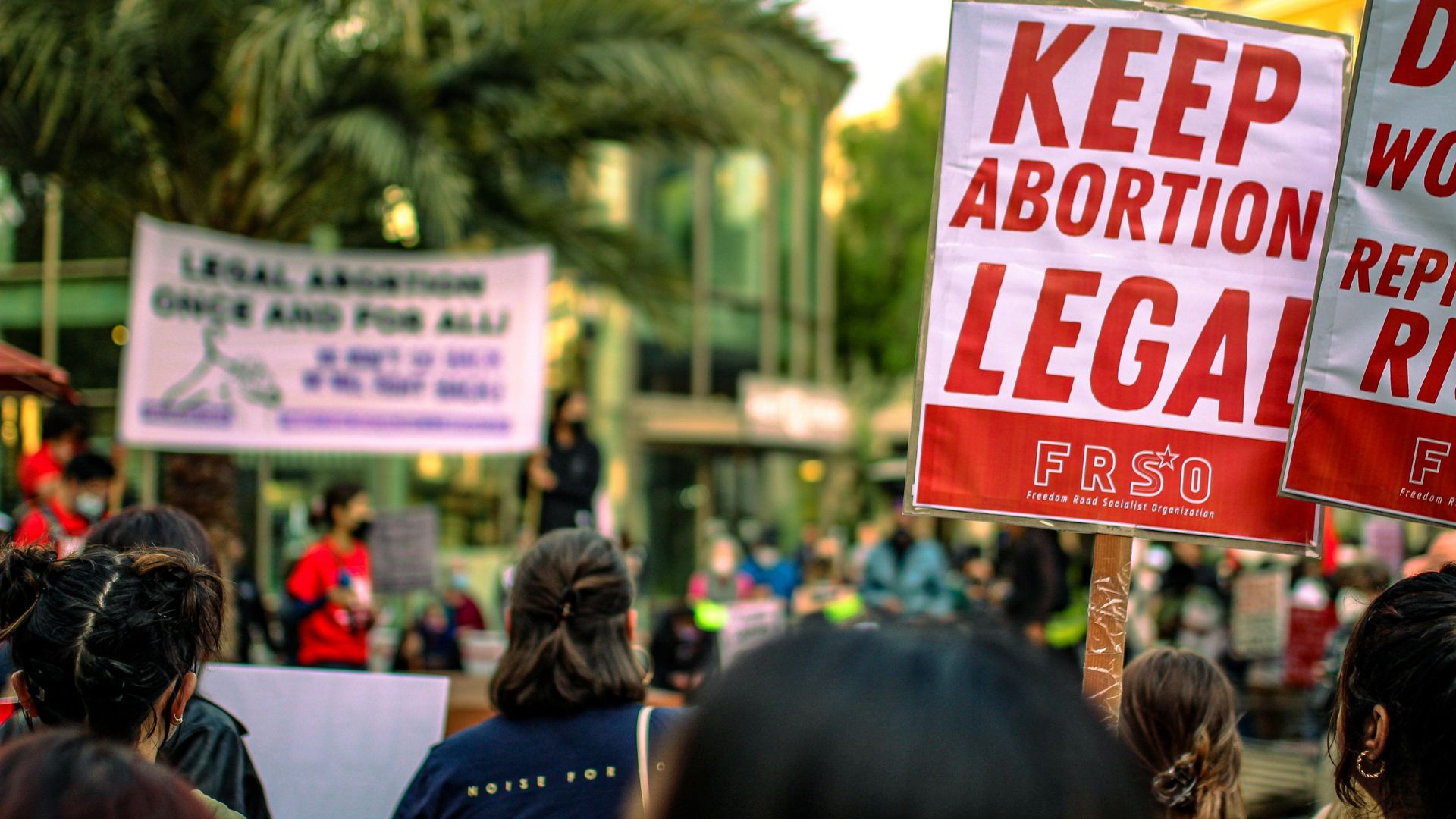
While the Supreme Court’s ruling offers temporary relief for women in Idaho facing medical complications during pregnancy, it doesn’t resolve the underlying issue.
The decision allows abortions in medical emergencies for now, but the court has not made a final determination on whether federal law supersedes state abortion bans in these cases.
A Pattern of Controversial Leaks
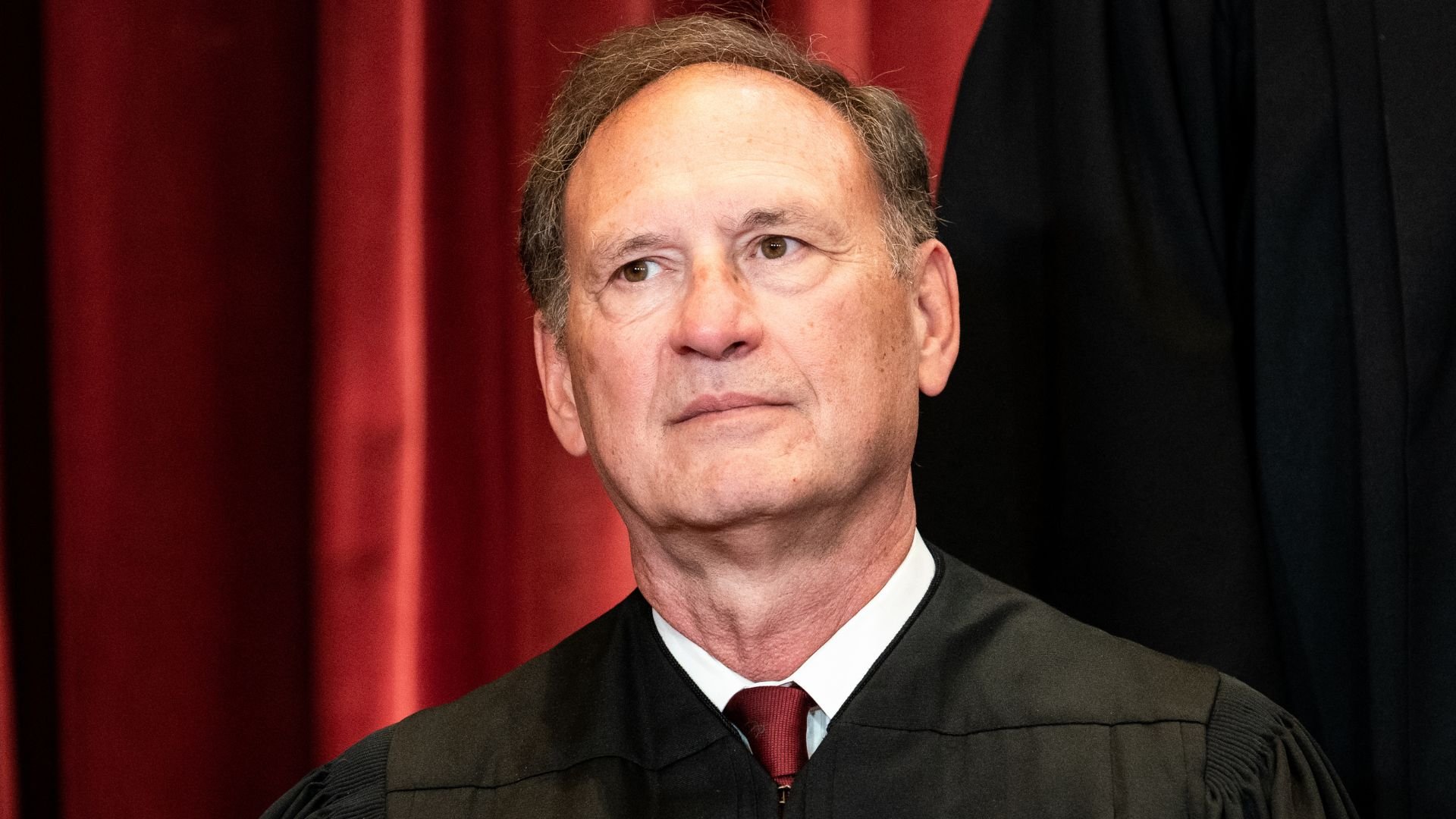
This case marks the second time in two years that a significant Supreme Court decision on abortion has been leaked. In 2022, a draft of the Dobbs v. Jackson Women’s Health Organization ] ruling, which overturned Roe v. Wade, was prematurely released.
These leaks have intensified public interest in the court’s handling of abortion rights and have raised concerns about internal security.
Political Flashpoints and Medical Emergencies
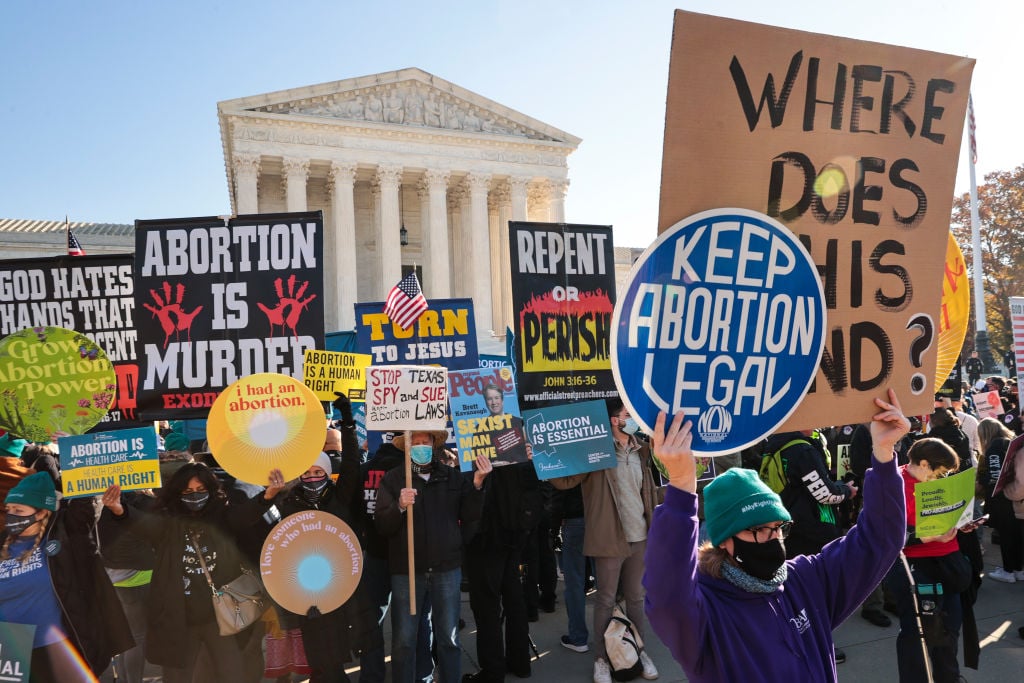
The debate over abortion in medical emergencies has continued to be a significant political issue since the fall of Roe v. Wade. Idaho’s law is one of six state laws that provide no exceptions for health-related emergencies.
This has left many healthcare providers unsure of how to proceed, fearing legal repercussions if they perform emergency abortions under the state’s strict laws.
Justice Jackson’s Stark Warning
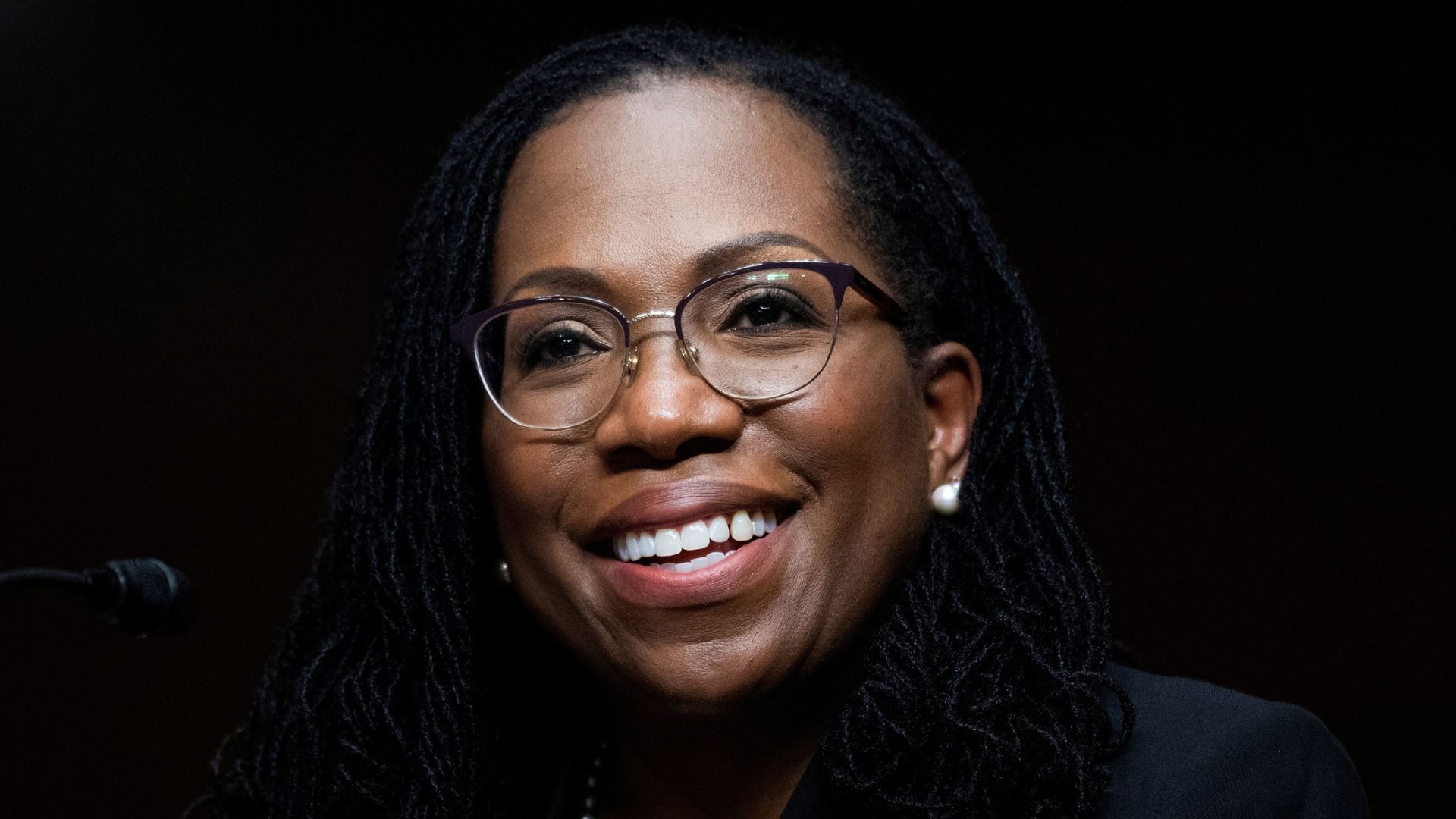
Justice Ketanji Brown Jackson voiced concerns about the court’s indecisiveness. In her separate opinion, she argued that the ruling is “too little, too late” for pregnant patients.
She warned that the delay in clarifying the law keeps doctors and patients in a dangerous legal limbo, where medical care may be withheld out of fear of prosecution under Idaho’s abortion ban.
Future Implications for Abortion Laws
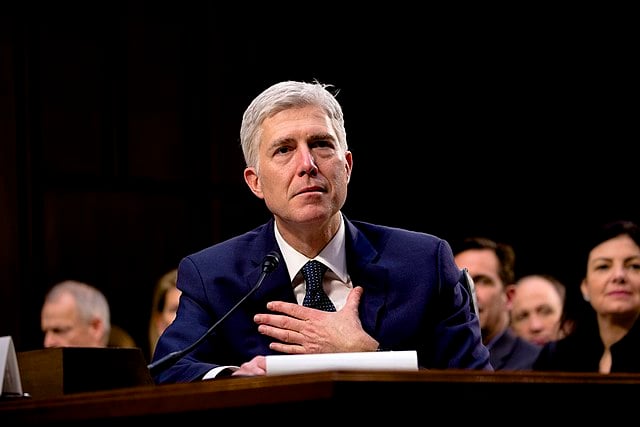
The court’s decision to temporarily allow emergency abortions in Idaho leaves a key question unanswered: Does federal law protect access to abortion in life-threatening emergencies?
As lower courts continue to argue the case, doctors and patients remain uncertain about the legal boundaries of medical care, not just in Idaho, but in other states with similarly strict abortion laws.
The Road Ahead for the Supreme Court
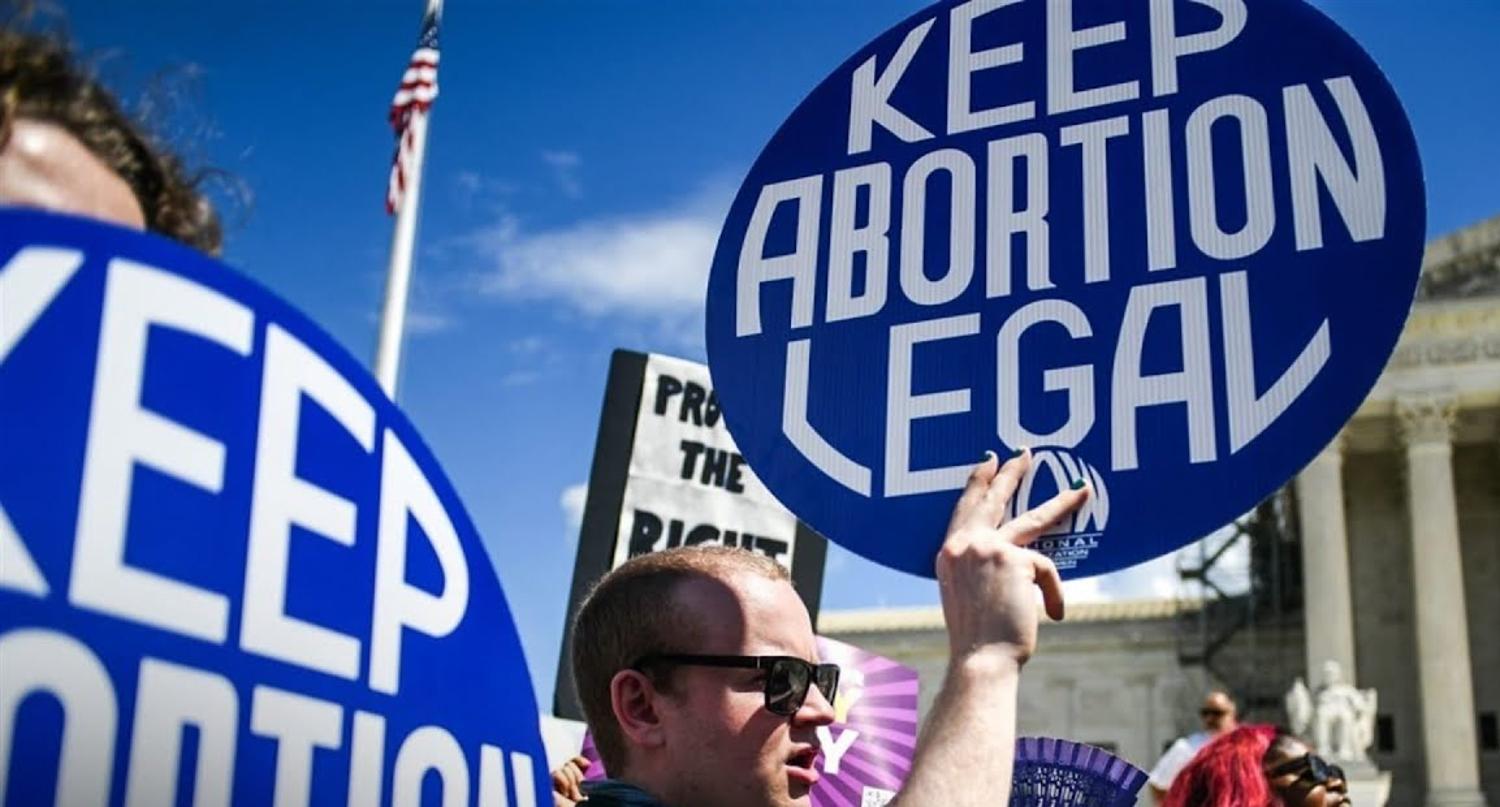
With the next Supreme Court term starting in October, abortion rights remain a central issue.
The divide between conservative and liberal justices continues to shape the court’s decisions, especially with Justices Thomas, Alito, and Gorsuch frequently dissenting on abortion-related rulings.








































